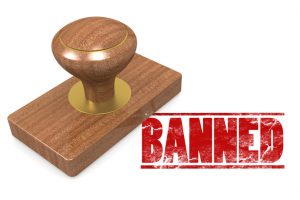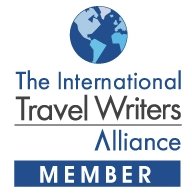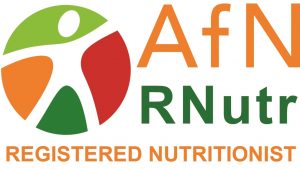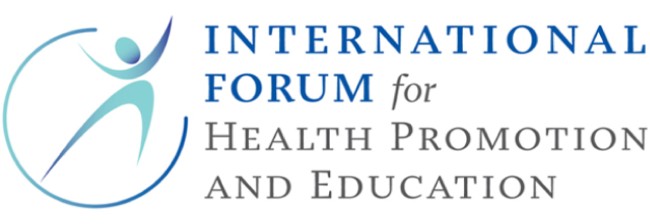Would taking a dietary supplement help to relieve jet lag when travelling long haul?
The more time zones we cross, the greater the disturbance to our biological clocks. Business travel can mess with our circadian rhythms, causing the hormones that help us wake, sleep and digest food, to kick off at inappropriate times.
The prospect of a potion that can ameliorate this condition is very attractive, and there are plenty on the market.
What is on offer?
Melatonin
Melatonin is the hormone our brain produces to maintain sleep and is the most popular sleep aid available ‘over the counter’ in some countries and by prescription in Europe. Melatonin is not well digested, most supplements come as a sublingual (under the tongue) dissolving tablet or chewable sweet. The problem with many supplements is that there isn’t a clear protocol on dosage. Review sites reveal that some users love it and some get terrible nightmares. A conversation with our GP before trying this would be well advised.
Botanicals

Supplements advertise specific ingredients for specific functions, for example, acidophilus bacteria supplements to support our intestinal flora when ingesting unfamiliar bacteria. Others offer specific relief from the symptoms of long-distance travel across multiple time zones. Typical examples are:
- ‘No Jet Lag’ with ingredients such as chamomile (which can have anticoagulant properties and shouldn’t be taken with aspirin or nonsteroidal anti-inflammatories) and arnica;
- ‘Jet Lag Rapid Reset’ with melatonin and L theanine (which we would also get from a nice cup of tea) to ‘minimise stress and tension’; and
- ‘15 Degree’ which has sachets to assist with rest, energy, digestion, circulation, cognition and immunity. These sachets contain a cocktail of botanicals such as Ginko Biloba (which can increase blood thinning), Guarana seed extract (a caffeine source often used in energy drinks) and kelp (rich in iodine but also vitamin K, which promotes blood clotting).
Nutritional Supplements and Health Claim Regulations
These vary by country.
In Australia, health claims are fairly loosely regulated, in America, most nutritional supplements can be associated with health claims if they pass the FDA ‘generally recognised as safe’ criteria.

In contrast, the EU, through EFSA (European Food Standards Authority) has strict rules that NO claim can be made for a supplement to assist with sleep maintenance, stress reduction or improved cognitive function. These rules apply to the UK.
The recent meta-analysis study published in the Journal of the American College of Cardiology (June 2018) found that there was little evidence to support the benefits of dietary supplements and that there could even be ill effects from some anti-oxidant mixtures.
A very useful reference is the US government’s comprehensive fact sheet on nutritional supplements, found at https://ods.od.nih.gov/factsheets/list-all/
The most ‘natural’ way to cope with jet lag is to accept it and help our body to adjust. Don’t try to eat a big meal when our body thinks it’s 3 am. Go for a walk to stimulate circulation, take a nap if we haven’t slept well at night and get some sunlight in the day time. Eat an apple (pectin and fibre to help digestion), bio-yoghurt (for friendly bacteria) and a nice cup of tea to rehydrate and relax.
© 2019 Executive Travel Vitality





























